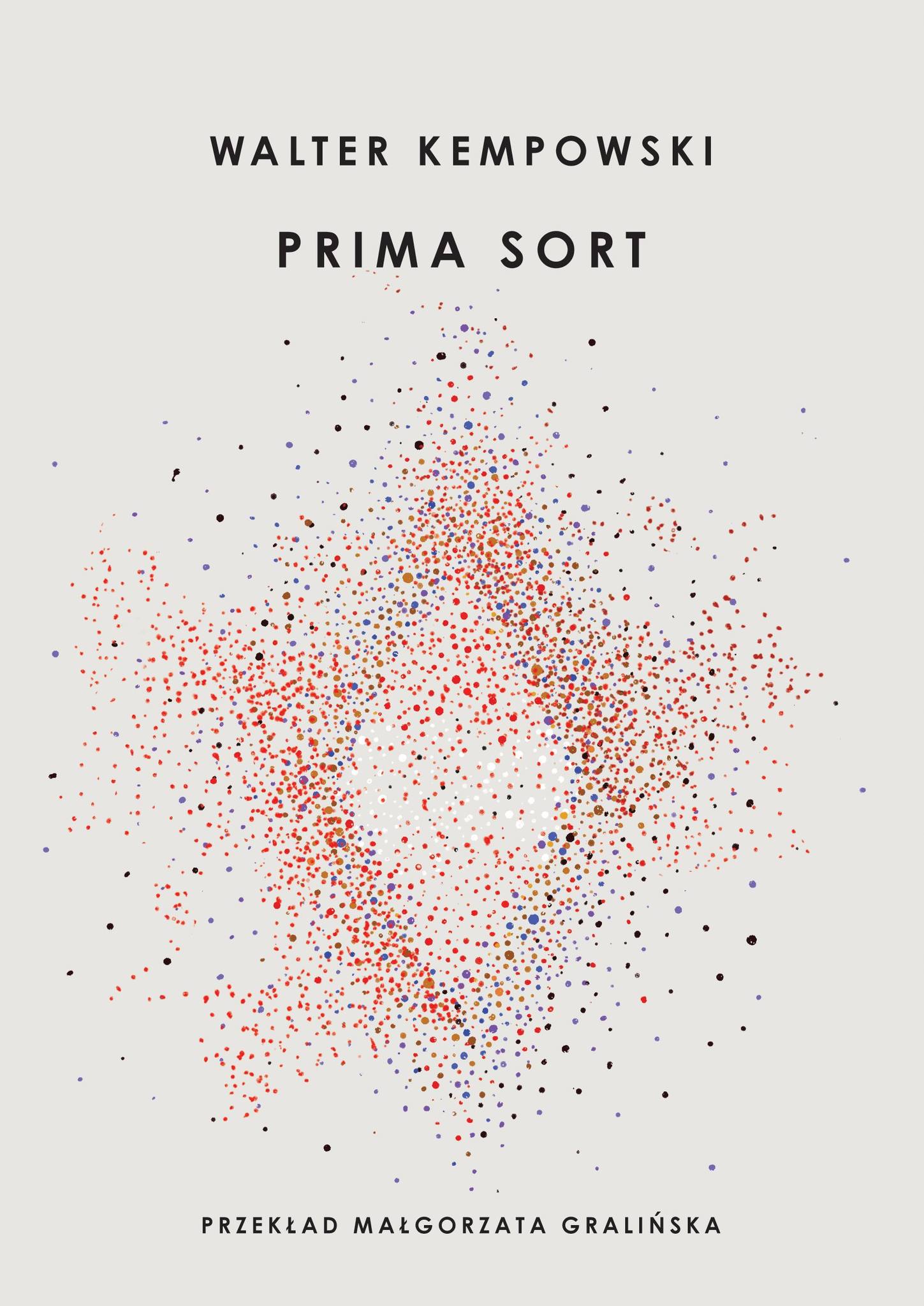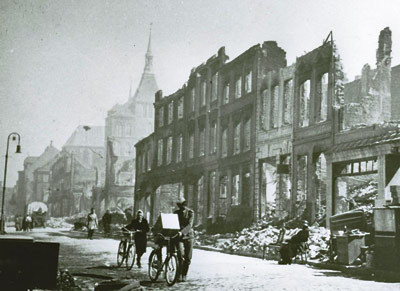What do you think?
Rate this book


592 pages, Hardcover
First published January 1, 1971


»Tadellöser & Wolff? Was soll das eigentlich bedeuten?« Na, gut dem Dinge, weiter nichts. So rede man eben in der Stadt. »Gutmannsdörfer«, das sei auch so ein Schnack. Wenn man was gut finde, dann sage man einfach »Gutmannsdörfer«. Oder »Schlechtmannsdörfer«, oder »Miesnitz & Jenssen«.
Warum die Mädchen Röcke anhaben und nicht Hosen wie wir. »Was glaubst du, wie die stinken, da muß immer frische Luft ’ran.«
Von Michael seien schlechte Nachrichten eingetroffen. Der liege im Lazarett. Beide Beine ab. Der komme nicht mehr auf. Wenn die Eltern das gewußt hätten, denn hätten sie sich womöglich gar nicht scheiden lassen. Erst abgebrannt, dann geschieden und nun der Sohn dot. Gott sei Dank wär ja noch eine Tochter da. Aber die habe so schlechte Zähne. Das wär ja auch kein Zustand.